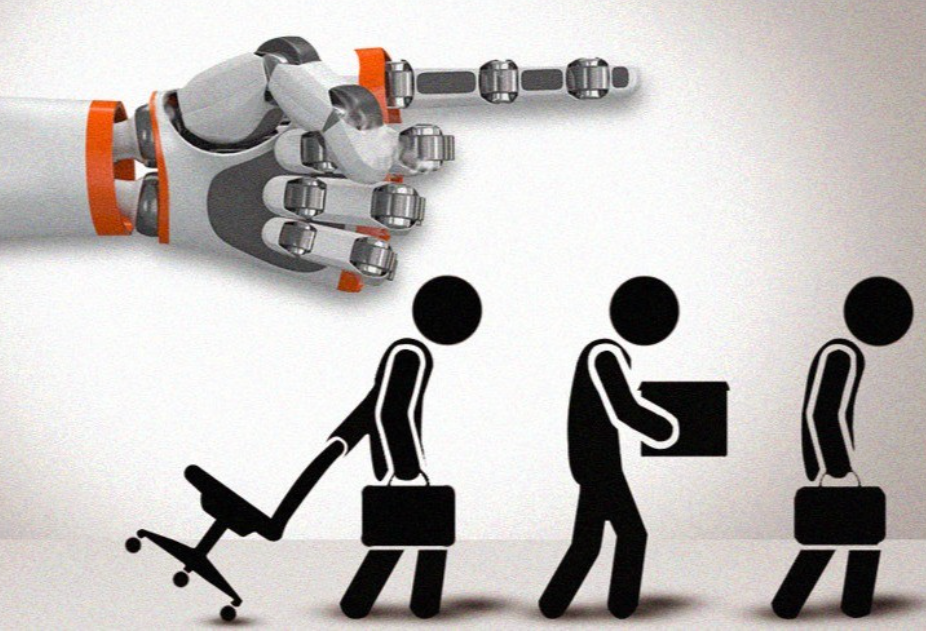The Ethics of AI: Balancing Innovation and Responsibility
- Anya Kunder
- Oct 8, 2025
- 2 min read

Artificial Intelligence (AI) is transforming the way we live, work, and interact with technology. From healthcare diagnostics to personalized recommendations, AI has opened doors to efficiency, innovation, and unprecedented convenience. However, alongside its potential, AI also raises important ethical questions that society must address to ensure technology benefits everyone fairly.
One of the primary ethical concerns is bias in AI systems. AI learns from historical data, which may reflect human prejudices or systemic inequalities. Without careful oversight, AI can unintentionally reinforce discrimination in hiring, lending, law enforcement, and other critical areas. Ensuring fairness in AI requires transparency, diverse datasets, and continuous monitoring to prevent biased outcomes.
Privacy and data security are also central ethical issues. AI systems often rely on large volumes of personal data to make predictions and recommendations. Protecting this data, obtaining informed consent, and using it responsibly are crucial to maintaining trust and safeguarding individuals’ rights.
Another key concern is accountability. When AI makes decisions that affect people’s lives, it can be difficult to determine responsibility. Should the developers, the companies deploying the AI, or the AI itself be held accountable? Clear frameworks for accountability and regulation are essential to ensure AI operates in a way that aligns with societal values.
Finally, the impact on employment and society raises ethical questions about fairness and access. While AI can create new opportunities, it can also displace workers and exacerbate inequality if the benefits are not widely shared. Policies and initiatives that promote reskilling, upskilling, and inclusive access to AI technologies are vital for mitigating negative effects.
The ethics of AI call for a balanced approach: embracing innovation while remaining vigilant about its potential risks. By prioritizing fairness, transparency, accountability, and inclusivity, we can ensure that AI becomes a force for good — empowering individuals, advancing society, and respecting the fundamental rights of all.



Comments